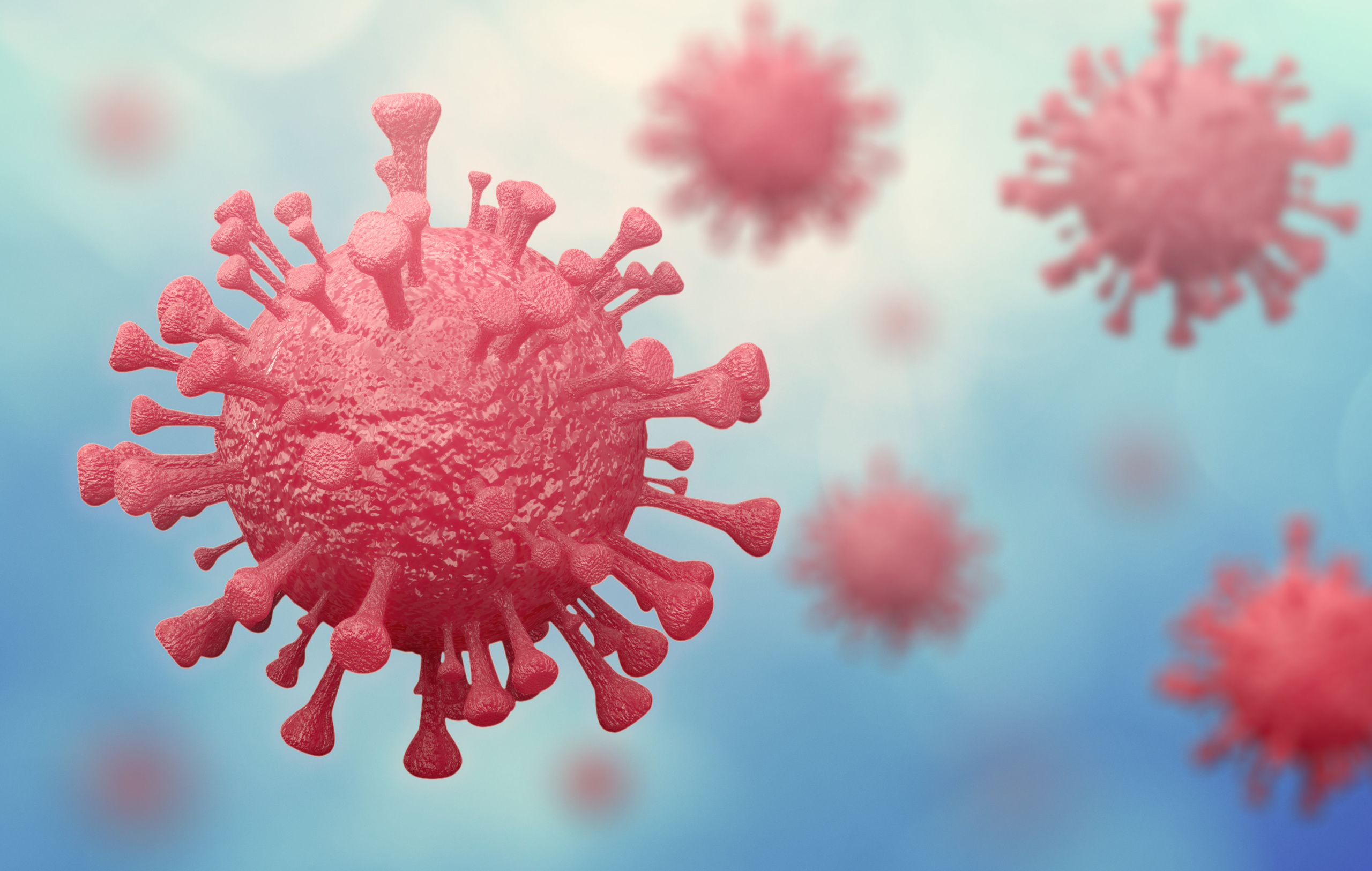AI tool predicts trajectory of Covid-19 ICU patients
A team led by Imperial College London has developed an AI model to predict the trajectory of Covid-19 patients in intensive care units (ICUs).

The approach uses machine learning to make predictions about how patients’ conditions might progress, and whether they’d respond positively to ‘proning’ — a technique commonly used in ICUs for people with severe acute respiratory distress syndrome.
Proning is the process of turning a patient onto their front to improve oxygenation in the lungs and has been used widely throughout the pandemic, but does not help all patients. When ineffective, it can delay the start of sequential treatments such as extracorporeal membrane oxygenation (ECMO), a life-support machine that supports the heart and lungs in pumping blood around the body.
Researchers said that by using AI to analyse patients’ data daily, guidelines in clinical practice could be improved and applied to future waves of the pandemic as well as treatment of similar diseases.
“ECMO is currently the last resort for many patients, after all other less invasive interventions such as prone position have failed, but it has associated risks,” said first author Dr Brijesh Patel, clinical science lead at Imperial’s Department of Surgery & Cancer and senior intensivist at Royal Brompton Hospital.
Register now to continue reading
Thanks for visiting The Engineer. You’ve now reached your monthly limit of news stories. Register for free to unlock unlimited access to all of our news coverage, as well as premium content including opinion, in-depth features and special reports.
Benefits of registering
-
In-depth insights and coverage of key emerging trends
-
Unrestricted access to special reports throughout the year
-
Daily technology news delivered straight to your inbox










Water Sector Talent Exodus Could Cripple The Sector
Well let´s do a little experiment. My last (10.4.25) half-yearly water/waste water bill from Severn Trent was £98.29. How much does not-for-profit Dŵr...